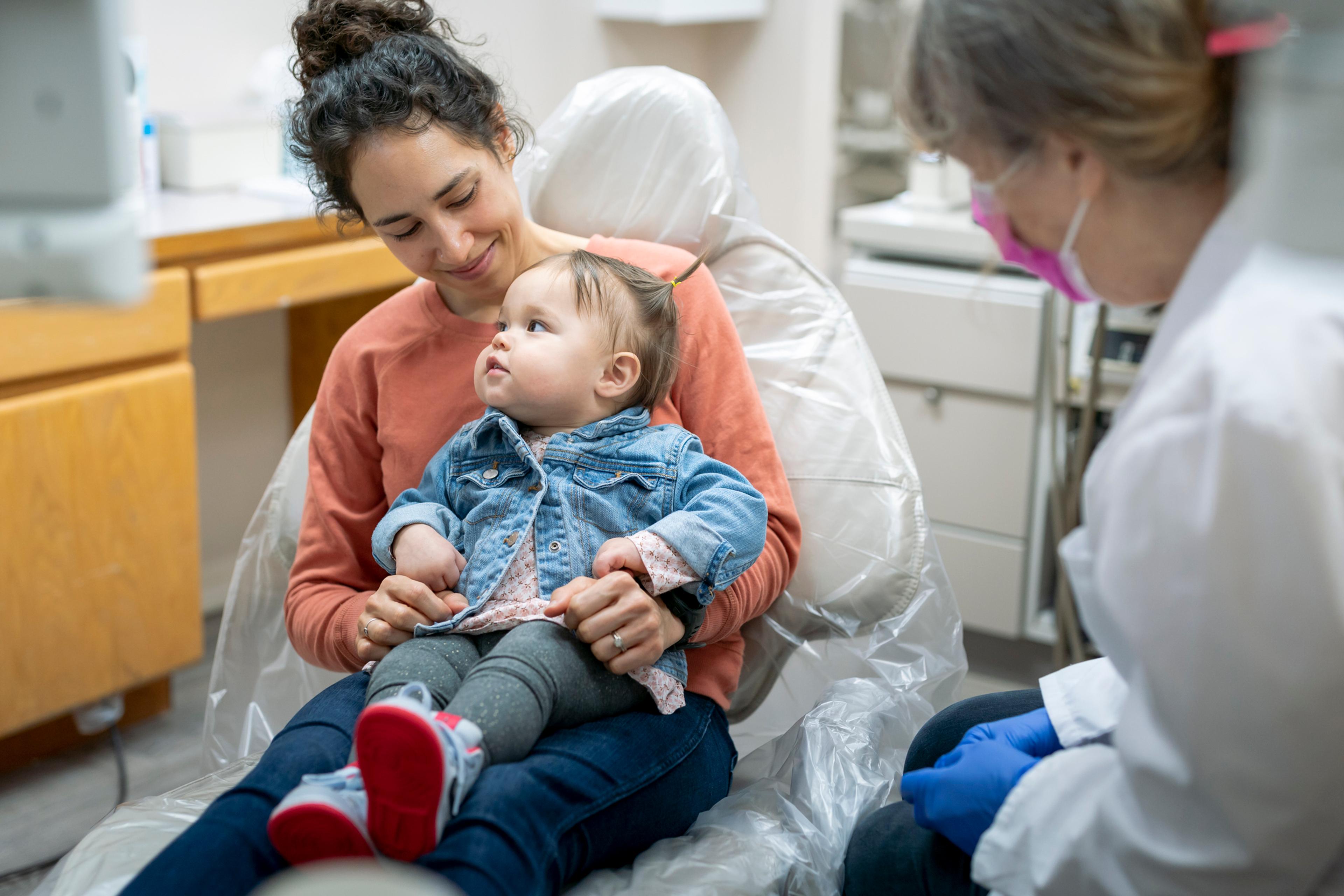The Benefits of Traveling with Your Children

Bre'onna Richardson
| 2 min read

Vacation allows you to experience a new place or destination. Relaxing and recharging is fun and can help families develop lasting memories to treasure.
If you usually leave your little ones with grandpa and grandma when you take a trip, here are three reasons to consider packing up the kids and taking them along.
- Stronger Families: Traveling is a great way to bond as a family. You’ll share experiences together while on vacation, which can enhance and strengthen family bonds. Whether you’re on a cruise to an island or sharing a roller coaster ride at an amusement park, the time spent together serves to draw families closer. Being together nonstop strengthens your connection and communication and having your children along on a vacation with you encourages you to make every moment count.
- Learning Experiences: Traveling can add rich context and substance to your child’s classroom knowledge and provide opportunities for unique learning experiences. Most of school learning is done through books. Traveling can give children real-world applications to what they’ve been learning and studying throughout the school year. Taking kids to an art or natural history museum can add tangibility to what they first read about in school. Experiencing historical sites up close can make history come alive for young people and help them to make sense of the names, dates and events that they learn in school. Additionally, as the parent, you can promote a strong work ethic and fiscal responsibility by educating them about saving and budgeting for traveling. This will teach kids the rewards of hard work.
- Appreciation of Cultures: If you have the opportunity to take your children on a vacation to a highly diverse place, you can help them acquire an appreciation for the differences and similarities that exist within different cultures. Tasting foreign foods, hearing different languages and visiting homes, even in other countries, can be an eye-opening experience for both the child and parent.
If you liked this post, you may also enjoy:





